Your present circumstances do not determine where you can go; they merely determine where you start.
- Sheryl and Dan Malin

- Apr 22, 2023
- 5 min read
Hello Followers,
HAPPY WEEKEND!
Whatever your circumstances are this weekend, be mindful of your surrounds.

Be safe and enjoy!
And remember circumstances can change through worldly knowledge.
Ignorance of the self, the Soul and through true knowledge realization of the self.
With ignorance, circumstances will bring entanglements and with true knowledge, circumstances will bring solutions.
True Knowledge itself changes circumstances.

So, as we have been exploring words and how it effects our health, I welcome you to check out the past two-week posts with words such as, time, faith, self-worth, happiness, encouragement, self-talk, optimism, karma, forgiveness, trust, appreciation, thoughts and words, power, rebuilding, passion, confidence, connection, transitioning, motivation, preparation, coping, laughter, empowerment, limitations, and gratitude.
Today the word is circumstance.

Dealing with circumstances has a lot to do with your attitude!
Do you tend to look on the sunny side, or do you see a future filled with dark, stormy skies?
A growing body of research suggests that having a positive outlook can benefit your physical health.
They are working to better understand the links between your attitude and your body.
They are finding some evidence that emotional wellness can be improved by developing certain skills.
Even under difficult circumstances having a positive outlook does not mean you never feel negative emotions, such as sadness or anger.
All emotions, whether positive or negative, are adaptive in the right circumstances.
The key seems to be finding a balance between the two.

Positive emotions expand our awareness and open us up to new ideas, so we can grow and add to our toolkit for survival.
But people need negative emotions to move through difficult circumstances and respond to them appropriately in the short term.
Negative emotions can get us into trouble, though, if they are based on too much rumination about the past or excessive worry about the future, and they are not really related to what is happening in the here and now.
People who are emotional have fewer negative emotions and can bounce back from difficulties and circumstances faster.
This quality is called resilience.
Another sign of emotional wellness is being able to hold onto positive emotions longer and appreciate the good times.
All the while developing a sense of meaning and purpose in life and focusing on what is important to you.
This also contributes to emotional wellness.
Research has found a link between an upbeat mental state and improved health, including lower blood pressure, reduced risk for heart disease, healthier weight, better blood sugar levels, and longer life.
By using brain imaging, it has been found that positive emotions can trigger reward pathways located deep within the brain, including in an area known as the ventral striatum.
Individuals who can savor positive emotions have lasting activation in the ventral striatum.
The longer the activation lasts, the greater his or her feelings of well-being.
Continued activation of this part of the brain has been linked to healthful changes in the body, including lower levels of a stress hormone.
Negative emotions, in contrast, can activate a brain region known as the amygdala, which plays a role in fear and anxiety.
Evidence suggests that several techniques including meditation, cognitive therapy, and self-reflection can help people develop the skills needed to make positive, healthful changes.
Well-being can be considered as a life skill.
If you practice, you can get better at it.
In one study, it was found changes in reward-related brain circuits after people had two weeks of training in a simple form of meditation that had focuses on compassion and kindness.
These changes, in turn, were linked to an increase in positive social behaviors, such as increased generosity.
They found that after six weeks of training in compassion and kindness meditation, people reported increased positive emotions and social connectedness compared to an untrained group.
The meditation group also had improved functioning in a nerve that helps to control heart rate.
The results suggest that taking time to learn the skills to self-generate positive emotions can help us become healthier, more social, more resilient versions of ourselves.
A neuroscientist at the University of Pennsylvania, is taking a different approach.
The neuroscientist is exploring how self-affirmation, thinking about what is most important to you can affect your brain and lead to positive, healthful behaviors.
The team found that when people are asked to think about things that they find meaningful, a brain region that recognizes personally relevant information becomes activated.
This brain activity can change how people respond to health advice.
In general, if you tell people that they sit too much and they need to change their behavior, they can become defensive.
They will produce reasons why the message does not apply to them.
But if people reflect on the things they value before the health message, the brain’s reward pathways are activated.
This type of self-affirmation can help physically inactive lazy people get more active.
In a recent study, inactive adults received typical health advice about the importance of moving more and sitting less.
But before the advice, about half of the participants were asked to think about things that they value most.
The self-affirmation group became more physically active during the month-long study period that followed compared to the group that had not engaged in self-affirmation.

The study shows one way that we can open the brain to positive change and help people achieve their goals.
Being open to positive change is a key to emotional wellness.
Sometimes people think that emotions just happen, kind of like the weather.
But research suggests that we can have some control over which emotions we experience and different circumstances.
Having a positive mindset might help to improve your physical health as well.
So let us today no matter what circumstances we are facing, put on your positive mindset.
Continuing as in the previous posts; 365 morning meditations for joyful days all year long.
The book is SUNRISE GRATITUDE by Emily Silva.

APRIL 22nd
ALLOW YOURSELF THE SPACE each day to find wonder in the ordinary.
We are likely to go through our days on autopilot and forget to notice what is around.
Sometimes we even forget to breathe.
Take time to do your activities mindfully.
Notice what your senses take in as you do the activity.
Take your time and go from mindless to mindful.
Then see if you can find some wonder in the task.
When we look for wonder, it is amazing how it reveals itself.
PHRASE TO REMEMBER; Health is Wealth.

We stand by this and continue to do daily; walk, meditation, Tai Chi, and Qigong.
Dan and I have started back bouncing and walking to Walk at Home YouTube.
It is always important to change your routine around you but continue keeping a healthy lifestyle.
For us, that may be walking through a park, walking in a mall, or going to the gym and just staying home, bouncing, and walking to Walk at Home with YouTube.
Overcoming Life's Obstacles (Difficult Circumstances) Guided Meditation
Use this Original ten-minute guided meditation the next time you feel you are faced with one of life's obstacles, you will be guided to shift your perception and overcome any difficult
circumstance that appears to lie in your way.
This also includes daily meditation and twice a week Tai Chi.
If you would like to follow with us; hash tag words #walk, #meditation #Qigong on the right of the main blog page.
FOR MORE POST, FOLLOW, LIKE, SHARE, COMMENT
Until Sunday, happiness is not in our circumstances, but in ourselves.
It is not something we see, like a rainbow, or feel, like the heat of the fire.
Happiness is something we are.

IT IS THE WEEKEND, ENJOY AND HAVE FUN.





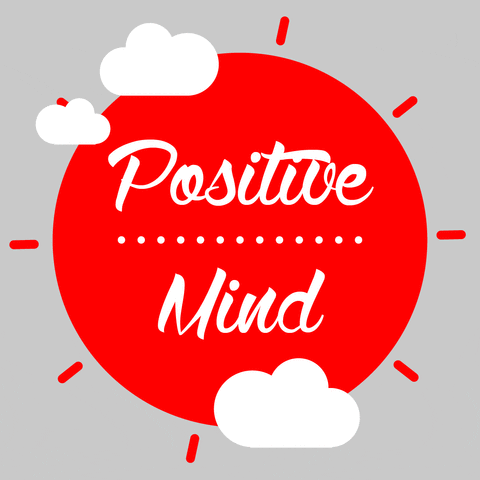


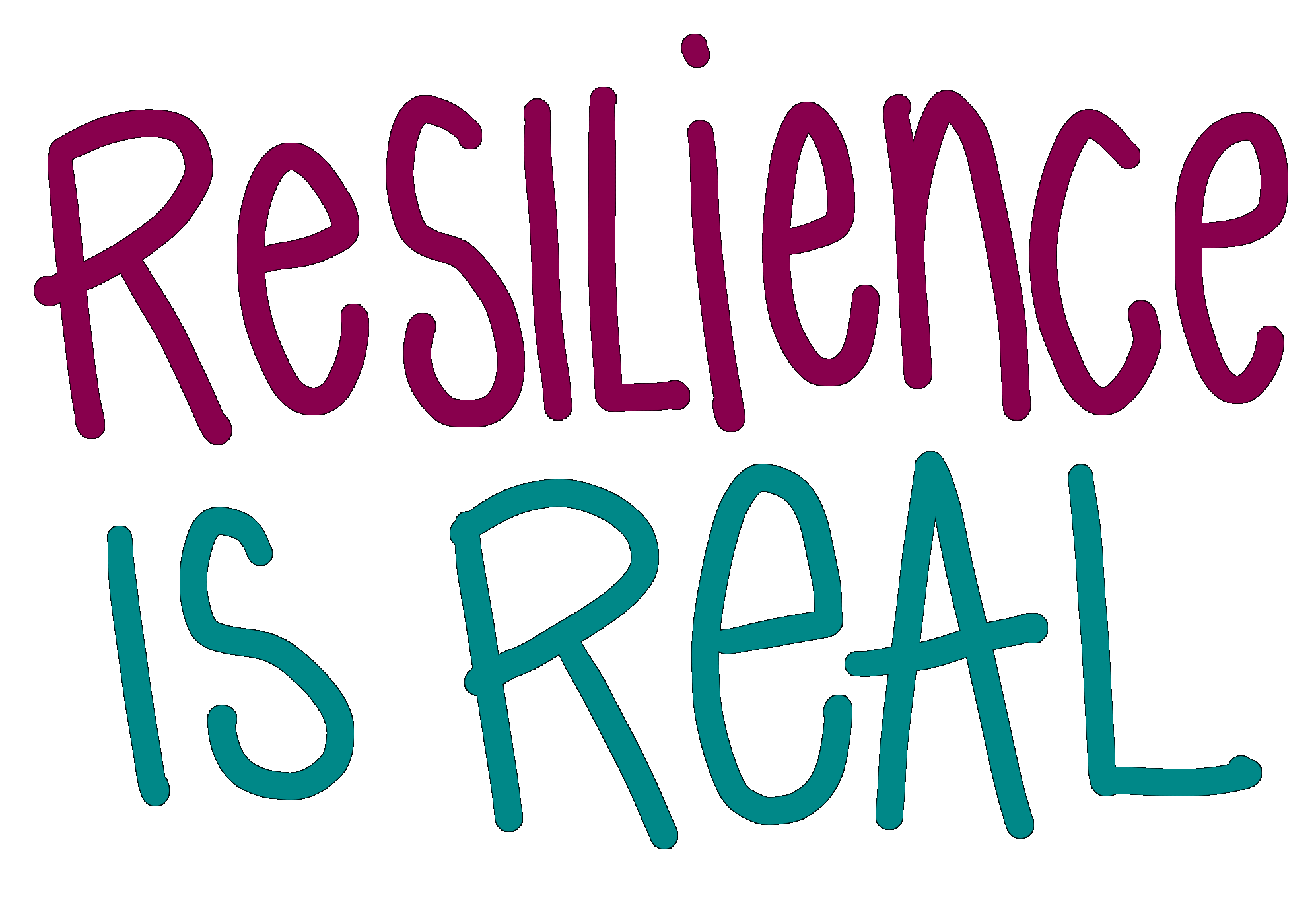








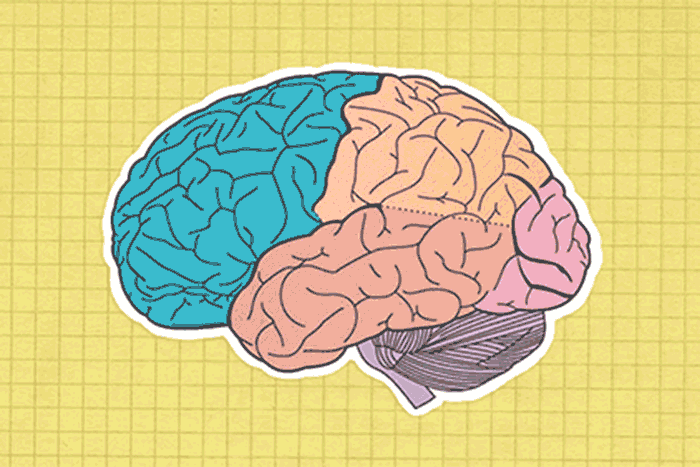





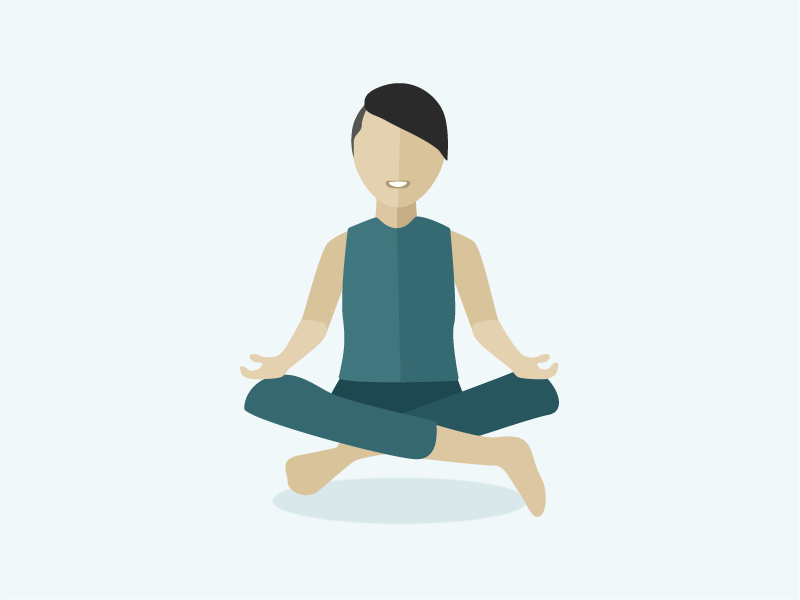
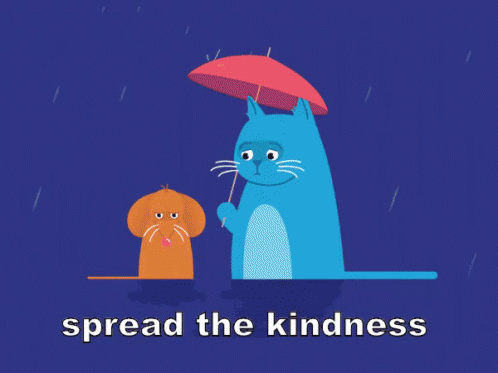








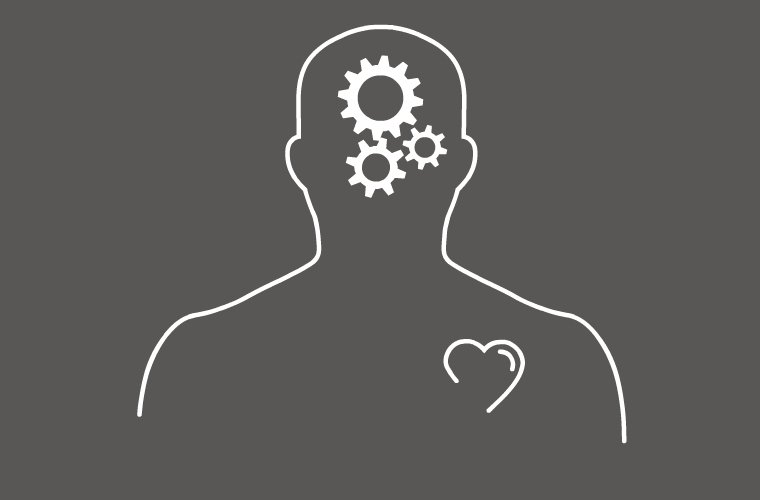

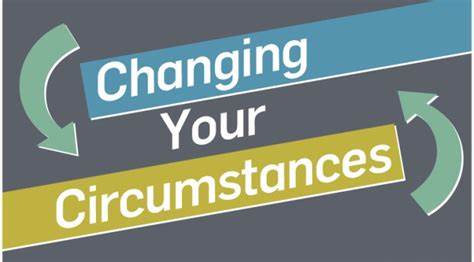







































Comments